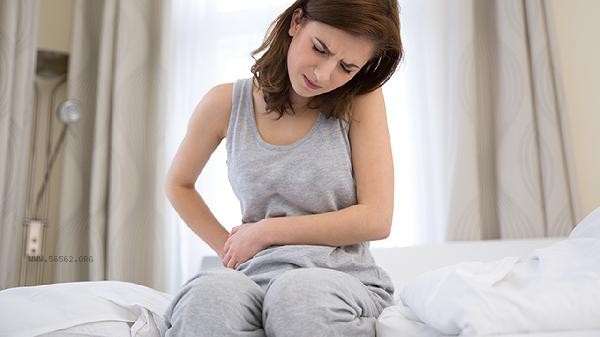Physiological weight loss may have a dual impact on women's bodies. Reasonable control of diet and exercise usually does not cause significant harm, but excessive dieting or vigorous exercise may exacerbate menstrual discomfort. The impact of physiological weight loss is mainly related to factors such as hormone fluctuations, nutrient intake, and exercise intensity.

1. Hormonal fluctuations affect
Changes in estrogen and progesterone levels during the menstrual cycle directly affect metabolic rate. The basal metabolic rate during the luteal phase may slightly increase, but some women may experience edema and temporary weight gain after ovulation. Deliberately reducing calorie intake at this time may lead to iron and protein deficiencies, triggering symptoms such as dizziness and fatigue.
2. Risk of Nutritional Imbalance
Endometrial shedding during menstruation accompanied by blood loss requires supplementation of nutrients such as iron and B vitamins. Excessive restriction of staple food or meat intake may increase the risk of anemia, and long-term effects may affect ovarian function. It is recommended to choose high iron foods such as beef and spinach, combined with vitamin C to promote absorption.
III. Control of Exercise Intensity
During the first three days of menstruation, there is significant uterine contractions, and high-intensity exercise may worsen dysmenorrhea. It is recommended to choose low impact exercises such as yoga and walking, and avoid movements that increase abdominal pressure such as handstands and squats. The exercise time should be controlled within 30 minutes, and the heart rate should not exceed 60% of the maximum heart rate.

Fourth, Changes in Metabolic characteristics
Some women may experience an increase in basal metabolic rate during menstruation, but this increase is limited and varies greatly among individuals. Relying solely on physiological metabolic changes for weight loss is not effective, and it still needs to be combined with daily dietary management and regular exercise.
V. Psychological State Regulation
Hormonal changes before menstruation can easily trigger emotional fluctuations, and excessive attention to weight numbers may exacerbate anxiety. It is recommended to use circumference measurement instead of daily weighing, and it is more accurate to evaluate the weight loss effect one week after menstruation.

During menstruation, weight loss requires special attention to balanced nutrition and moderate exercise. It is recommended to control the daily calorie deficit within 300 calories and prioritize the intake of high-quality protein and heme iron. Choose low-intensity aerobic exercise combined with soothing stretching to avoid stimulating the uterus with cold drinks and raw foods. If severe fatigue or abnormal menstrual flow occurs, the weight loss plan should be stopped immediately, and timely medical attention should be sought to check hormone levels and nutritional status. After menstruation, the follicular phase is a stage of stable metabolic recovery, and it is advisable to increase exercise intensity appropriately to achieve more efficient fat loss.









Comments (0)
Leave a Comment
No comments yet
Be the first to share your thoughts!